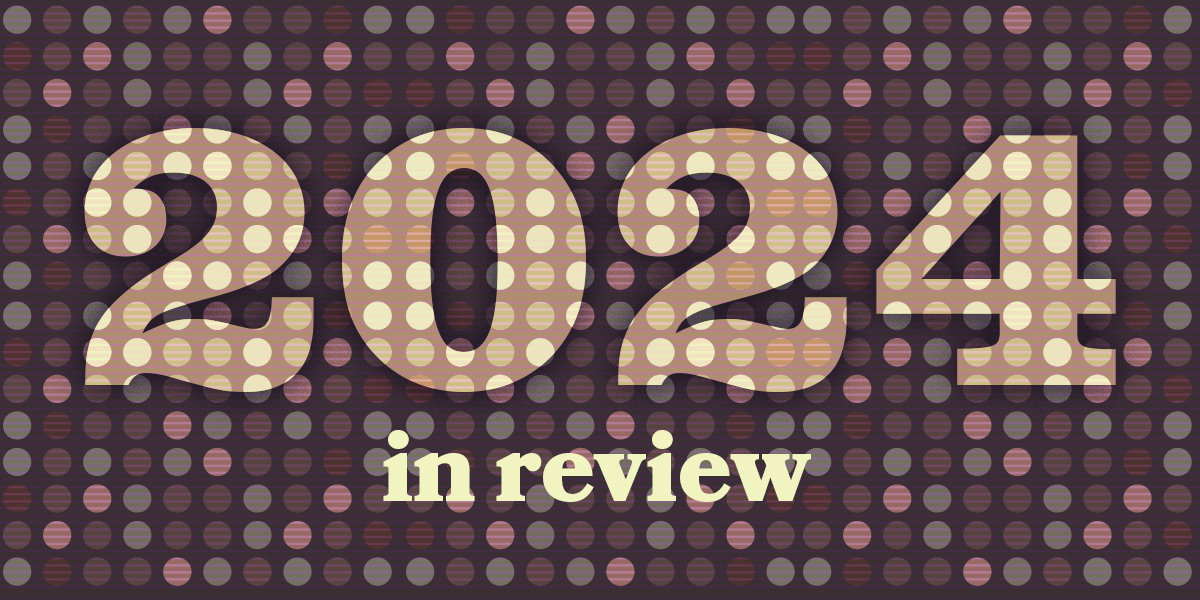For a while, ever since they lost in court, a number of industry giants have pushed a bill that purported to be about increasing access to the law. In fact, it would give them enormous power over the public ability to access, share, teach, and comment on the law.
This sounds crazy—no one should be able to own the law. But these industry associations claim there’s a glaring exception to the rule: safety and building codes. The key distinction, they insist, is how these particular laws are developed. Often, when it comes to creating the best practices for an industry, a group of experts comes together to draft model standards. Many of those standards are then “incorporated by reference” into law, making them legal mandates just are surely as the U.S. tax code.
But unlike most U.S. laws, the industry association that convene the experts claim that they own a copyright in the results, which means they get to control – and charge for—access to them.
The consequences aren’t hard to imagine. If you are a journalist trying to figure out if a bridge that collapsed violated legal safety standards, you have to get the standards from the industry association, and pay for it. If you are renter who wants to know whether your apartment complies with the fire code, you face the same barrier. And so on.
Many organizations are working to remedy the situation, making standards available online for free (or, in some cases, for free but with a “premium” version that offers additional services on top). Courts around the country have affirmed their right to do so.
Which brings us to the “Protecting and Enhancing Public Access to Codes Act” or “Pro Codes.” The Act requires industry associations to make standards incorporated by reference into law available for free to the public. But here’s the kicker – in exchange Congress will affirm that they have a legitimate copyright in those laws.
This is bad deal for the public. First, access will mean read-only, and subject to licensing limits. We already know what that looks like: currently the associations that make their codes available to the public online do so through clunky, disorganized, siloed websites, largely inaccessible to the print-disabled, and subject to onerous contractual terms (like a requirement to give up your personal information). The public can’t copy, print, or even link to specific portions of the codes. In other words, you can look at the law (as long as you aren’t print-disabled and you know exactly what to look for), but you can’t share it, compare it, or comment on it. That’s fundamentally against the public interest, as many have said. It gives private parties a windfall to do badly what others, like EFF client Public Resource, already do better and for free.
Second, it’s solving a nonexistent problem. The many volunteers who develop these codes neither need nor want a copyright incentive. The industry associations don’t need it either—they make plenty of profit though trainings, membership fees, and selling standards that haven’t been incorporated into law.
Third, it’s unconstitutional under the First, Fifth, and Fourteenth Amendments, which guarantee the public’s right to read, share, and discuss the law.
We’re pleased that members of Congress have recognized the many problems with this law. Many of you wrote to your members to raise concerns and when it was brought to a vote in committee, members registered those concerns. While it passed out of the House Judiciary Committee, the House of Representatives was asked to vote on the law “on suspension,” meaning it can avoid debate and become law if two-thirds of the House vote yes on it. In theory, it’s meant to make it easier to pass uncontroversial laws.
Because you wrote in, because experts sent letters explaining the problems, enough members of Congress recognized that Pro Codes is not uncontroversial. It is not a small deal to allow industry giants to own parts of the law.
This year, we are glad that so many people lent their time and energy to understanding the wolf in sheep’s clothing that the Pro Codes Act really was. And we hope that SDOs take note that they cannot pull the wool over everyone’s eyes. Not while we’re keeping watch.
This article is part of our Year in Review series. Read other articles about the fight for digital rights in 2024.












